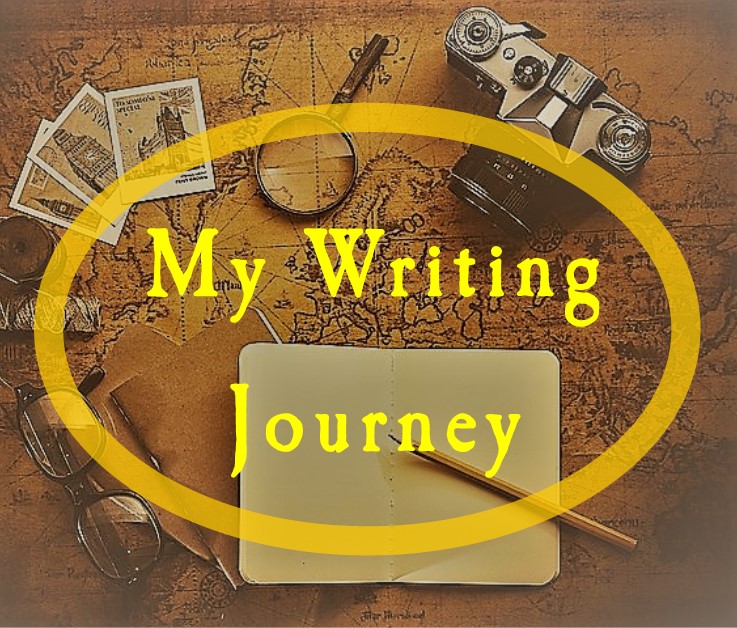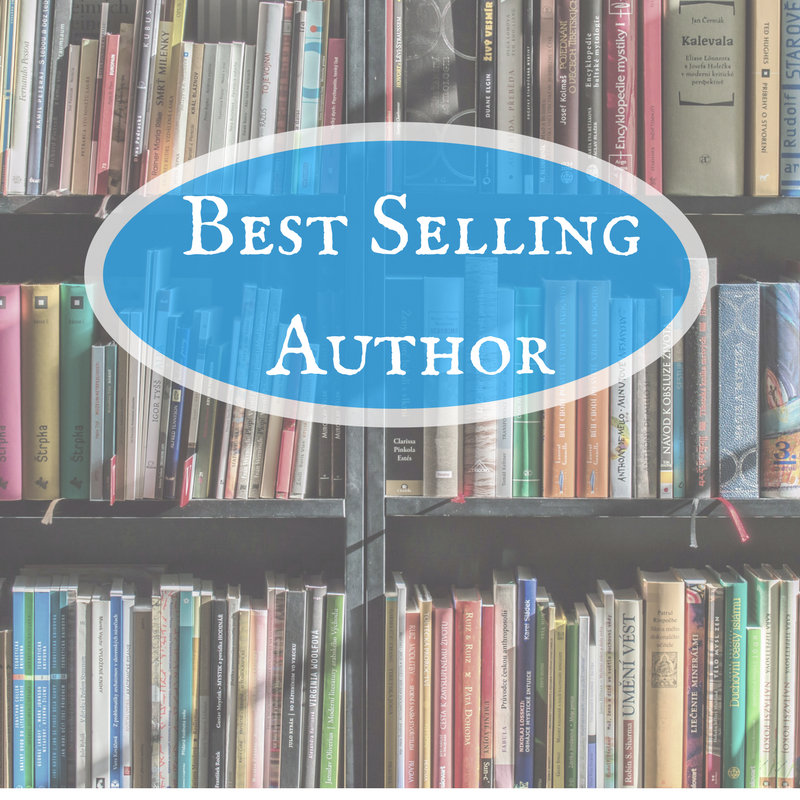
Mastering Middle Grade
My Fifth Anniversary
As an adult, writing has been a mainstay of my professional career. I majored in journalism, interned at newspapers,…
February 16, 2020
As an adult, writing has been a mainstay of my professional career. I majored in journalism, interned at newspapers,…
February 16, 2020
“Janine?” Where are you?” I don’t know why my husband asked me that. He knew where to find me–…
October 3, 2018
Write Every Day It’s oft-given advice for aspiring writers. If you want to become a good writer, you should…
September 8, 2018
Are you on LinkedIn? If so, let’s connect. If not, please join us. LinkedIn is your online watering hole…
June 27, 2018
DiAnn Mills is a bestselling author who believes her readers should expect an adventure. She combines unforgettable characters with…
January 1, 2018